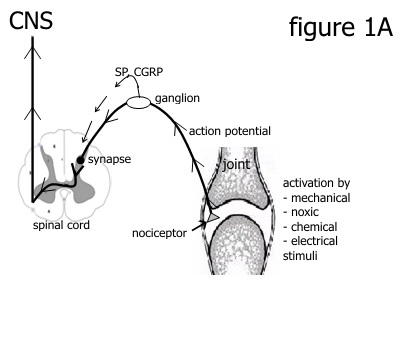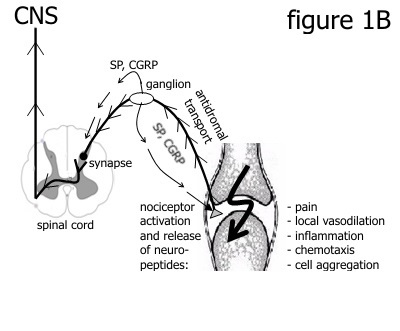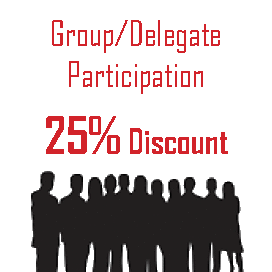
Matthias Seidel
Pain Clinic Basel, Switzerland
Title: Neurogenic information in autoimmune diseases and chronic pain syndromes
Biography
Biography: Matthias Seidel
Abstract
Pain is a key symptom in many musculoskeletal diseases. Persistent nociceptor stimulation activates the peripheral and central nervous system (figure 1A, 1B)), and induces the release of neurotransmitters such as substance P (SP) or calcitonin-gene related peptide (CGRP). Such molecules mediate peripheral tissue inflammation with reddening, swelling, hyperalgesia or allodynia (1). These events are termed neurogenic inflammation (NI). Nerve growth factor (NGF) is a primary stimulator of SP and CGRP. A variety of degenerative and autoimmune inflammatory diseases are characterized by NI and either show a robust upregulation of neuronal mediators or clinical features of disease exasperation after stimulation of the nervous system (2). The latter include internal or external Köbner phenomenon in psoriatic arthritis, pathergy in Behçet’s disease, UV light-induced dermatitis in systemic lupus erythematosus or chronic regional pain syndrome (CRPS) that is typically induced by trauma. Further strong evidence for NI in musculoskeletal diseases is provided by clinical trials with molecules that block neuron-derived molecules. Recently, erenumab has been approved for the treatment of chronic migraine (3). This monoclonal antibody binds to the CGRP receptor. Treatment with monoclonal antibodies against NGF such as tanezumab (4) or fasinumab (5) have been effective in chronic pain syndromes including osteoarthritis or low back pain. In conclusion, NI is now more increasingly recognized as an important mechanism in clinical medicine.
|
|



